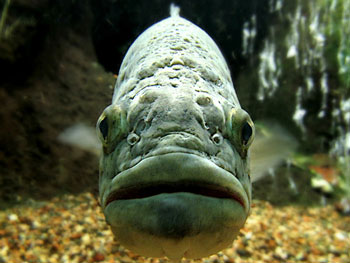Fishing Kayak Mods
March 5, 2014Bank Fishing for Catfish
March 21, 2014Keep a fishing diary may seem like an unnecessary task, but you’d be surprised at how it can improve your overall fishing performance. Record keeping allows you to remember location, time of day/year, size of the fish, and so much more.
By keeping track of your hits and misses in your favorite fishing spots, you can more easily recognize patterns, which will ultimately help you know when it is the best time to get out on the water. Knowing your local environment’s ins and outs may be the difference between fishing fame and fishing failure.
Although there are many different ways to keep a diary, here are a few tips to get you started and keep your records as consistent and informative as possible.
Pick a format that works best for you
Consider what kind of person you are, and what kind of record you’re likely to keep up. It could be as simple as a mini notebook you stash on your boat, or an Excel spreadsheet with numerous columns. A monthly calendar is another way to go and would allow you to see patterns in dates and times of year fairly easily. Ultimately, the format doesn’t matter; it’s the information that counts.
Suggested categories to record:
- Location
- Date: to easily track calendar patterns and change in season
- Time of day: to estimate what time of day you are most successful at each of your fishing locations
- Weather conditions: What was the weather like? Did it change over the course of your day? How did it affect your fishing?
- Method of fishing: on boat? On land?
- Gear used: what rod, reel, etc.
- Bait used: what did the fish like or dislike?
- Tackle used: is one lure working better for you than others in certain spots or times of the year?
- Activity on the water: was it a busy day?
- Description of fish caught: size, weight, physical attributes, etc.
- Any other notable occurrences: even the smallest detail could help in learning patterns
Keep it simple so you can keep it consistent
The diary only works as long as you are recording after every trip, so don’t take on something that you will not be able to maintain. Even if you just jot down some notes in a notebook that you stash in your tackle box, you will be amazed at the things you learn about how you fish.

